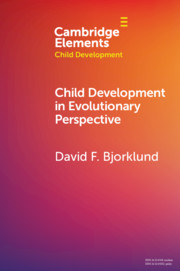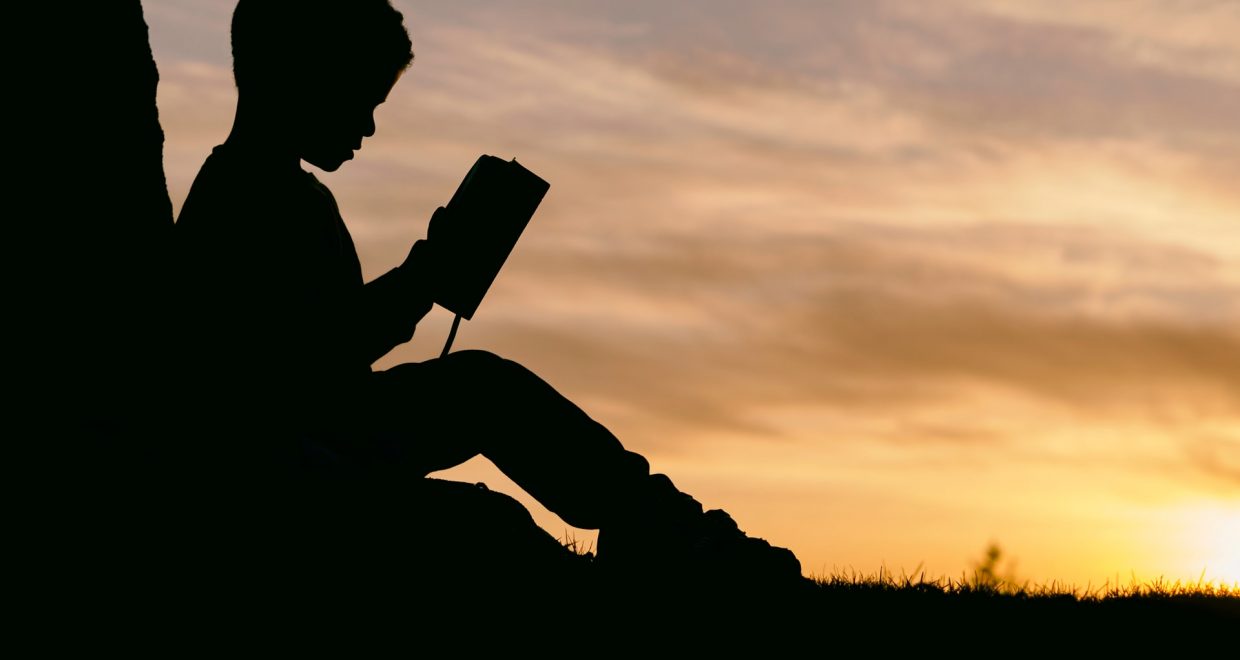Child Development in Evolutionary Perspective: Elements in Child Development Series
“Nothing in biology makes sense except in the light of evolution.” So wrote the biologist Theodosius Dobzhansky, reflecting the central role of Darwin’s theory of evolution by natural selection for understanding life. This is as true today as it was when Dobzhansky wrote it in 1973. More recently, an appreciation of the centrality of evolutionary theory to the life sciences has extended to psychology, with an increasing number of scholars recognizing the importance of our evolutionary past for understanding contemporary thought and behavior and how a hairless ape came to be the dominant species of the planet. Some of the last psychologists to join the evolutionary bandwagon were child and developmental scientists, who viewed evolutionary explanations as reflecting genetic determinism – genes, evolved over millions of years, determining behavior – leaving little room for the role of culture or experience in general. This misconception has been roundly refuted, and evolutionary perspectives on development have become increasingly accepted to the point where some scholars feel confident saying that “Nothing in development makes sense except in the light of evolution.” An evolutionary perspective can serve as a metatheory for development – an overarching set of principles and assumptions to guide research and theory, organize known facts parsimoniously, provide guidance to important domains, and unify the study of development with the rest of the life sciences.
In this Element, I present the field of evolutionary developmental psychology, defined as the study of the genetic and ecological mechanisms that govern the development of social and cognitive competencies common to all human beings and the epigenetic (gene-environment interactions) processes that adapt these competencies to local conditions. Evolutionary developmental scientists view development as a natural consequence of species-typical behavior emerging in a species-typical environment that evolved to solve problems associated with survival. Evolutionary developmental science assumes that natural selection has operated as potently (or likely more so) on infants and children as on adults. Before getting to adulthood, individuals had to survive the pre-reproductive stages of life, and natural selection surely influenced these stages as much or more so as adulthood. Infancy and childhood can be thought of as the crucible of natural selection, with benefits that fostered survival during these stages being selected and maintained for a species.
There are two core questions that evolutionary developmental science addresses: (1) How can an understanding of our species’ evolution help us better understand children, development, and the adults we become? and (2) How can an understanding of human development help us better understand human evolution? In this Element I tackle each of these questions, emphasizing that developmental plasticity – the ability to change our physical and psychological selves early in life – is an evolved feature of Homo sapiens and the creative force both in development and evolution.

by David F. Bjorklund is part of the Cambridge
Elements in Child Development series





